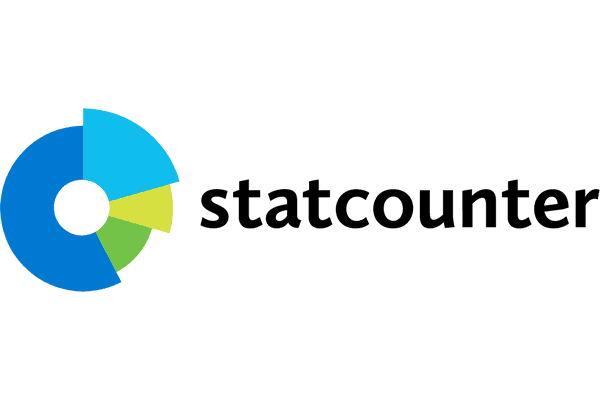PENGARUH MODEL PEMBELAJARAN STEAM (SCIENCE, TECHNOLOGY, ENGINEERING, ART, AND MATHEMATICS) TERHADAP PRESTASI BELAJAR SISWA PADA PEMBELAJARAN IPA KELAS V SEKOLAH DASAR
Meilina Rosiani1, Pamujo2
DOI:
 https://doi.org/10.37859/eduteach.v4i2.4673
https://doi.org/10.37859/eduteach.v4i2.4673
Abstract
Learning achievement is the level of student success after going through the process of teaching and learning activities in the form of scores obtained from test results. So the application of the learning model is very influential on student learning achievement. The application of the learning model in elementary schools, which still uses the conventional learning model, results in students' unimproved learning achievement; in this case, a learning model is needed to increase students' learning achievement. This study aims to determine the effects of the STEAM (Science, Technology, Engineering, Art, and Mathematics) learning model on student achievement in learning science for grade V of Elementary School. This was an experimental study of a pre-experimental type of one-group pretest-posttest design. The subject of this research was grade VB which consisted of 25 students. The sampling technique in this study used simple random sampling. Data collection techniques for student achievement employed pretest and posttest as essay questions. Data analysis used paired sample t-test. The results show that the posttest average score is greater than the pretest one, meaning there is an increase in science learning outcomes after applying the STEAM learning model. The results showed that the sig (2-tailed) value of 0.000 was less than 0.05; thus, Ho was rejected, and Ha was accepted. This means a significant difference exists between science learning outcomes before and after the STEAM (Science, Technology, Engineering, Art, and Mathematics) learning model is applied. .
Keywords: STEAM Learning Model, Learning Achievement
Downloads
References
Lestari, N., D. 2018. Analisis Penerapan Kurikulum 2013 Dalam Meningkatkan Kualitas Pembelajaran Ekonomi Di SMA Negeri Se-Kota Palembang. Jurnal Neraca. Vol 2 No.1. Juni 2018: 68-79.
Mulyani, T. 2019. Pendekatan Pembelajaran STEM untuk menghadapi Revolusi Industry 4.0. Senimar Nasional Pascasarjana 2019. Universitas Negeri Semarang. ISSN: 2686-6404.
Riduwan. 2013. Belajar Mudah Penelitian Untuk Guru, Karyawan dan Peneliti Pemula. Bandung: Alfabeta.
Sugiyono. 2015. Metode Penelitian Kuantitatif, Kualitatif dan R & D. Bandung: Anngota Ikatan Penerbit Indonesia (IKAPI).











